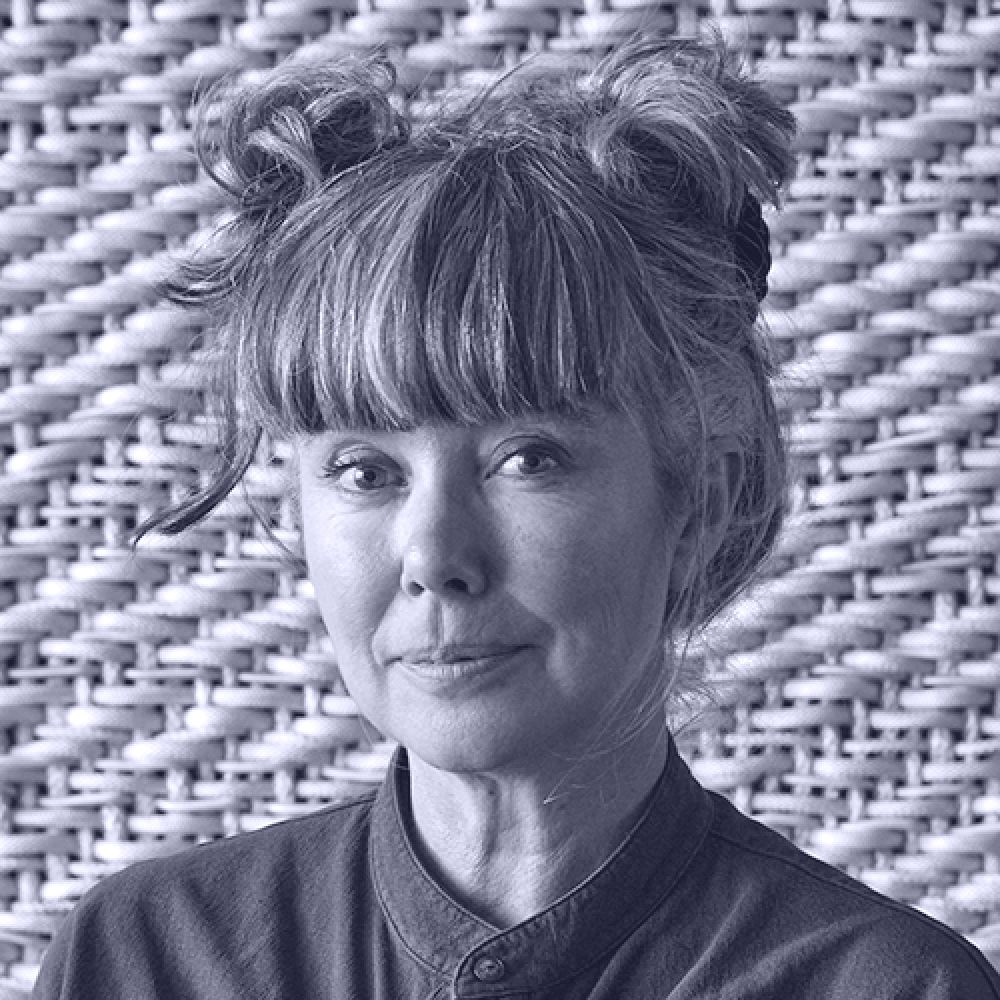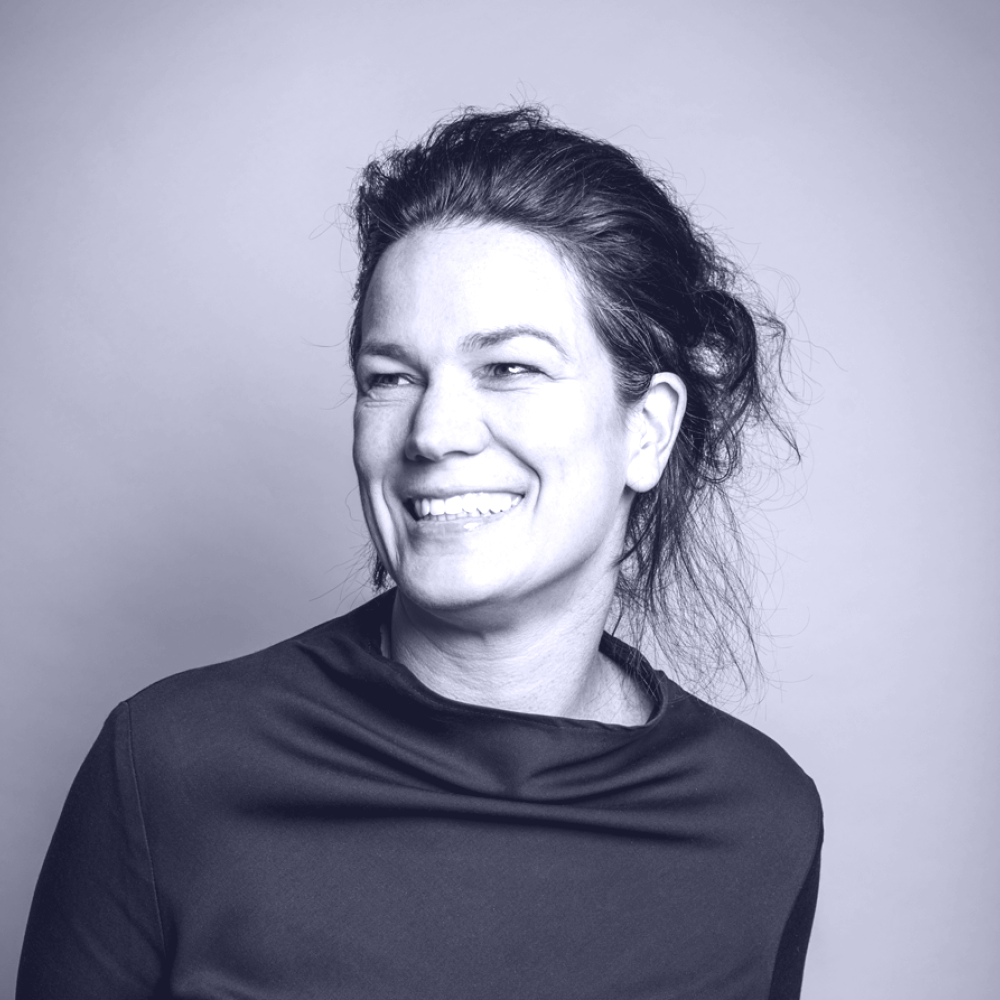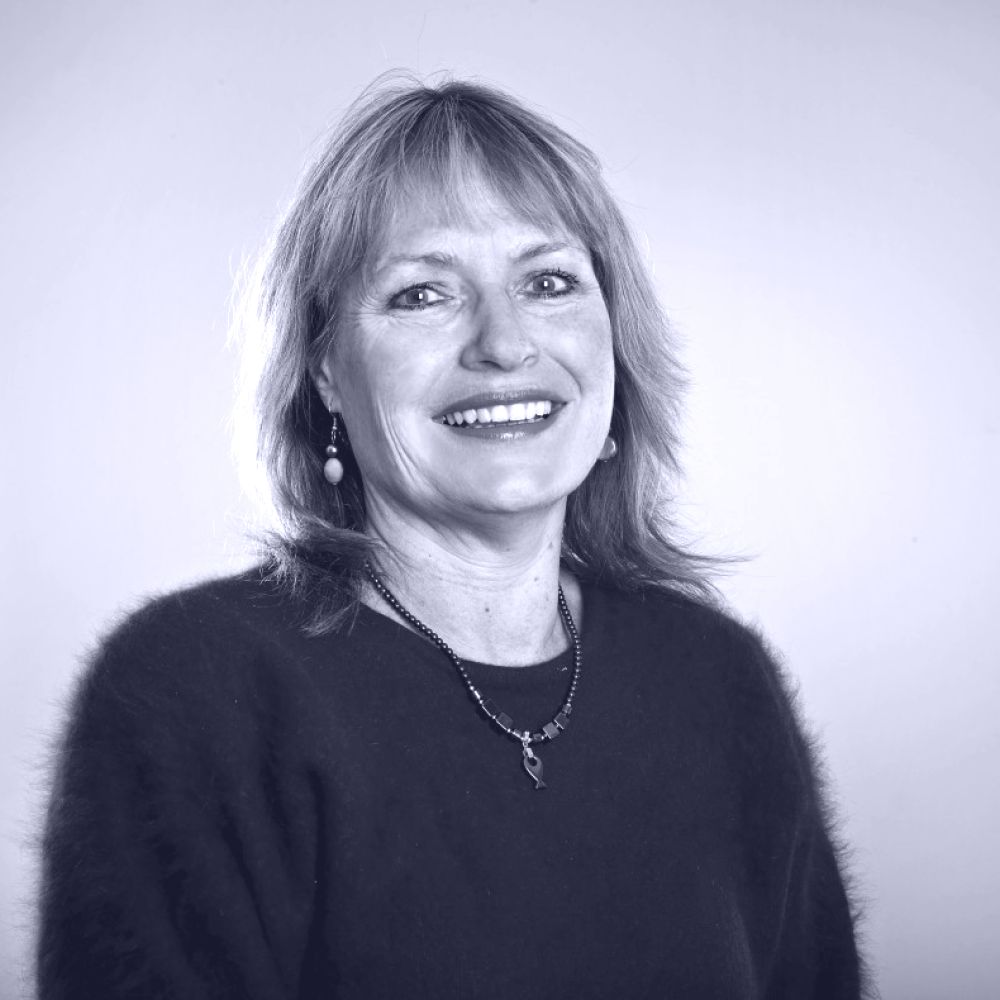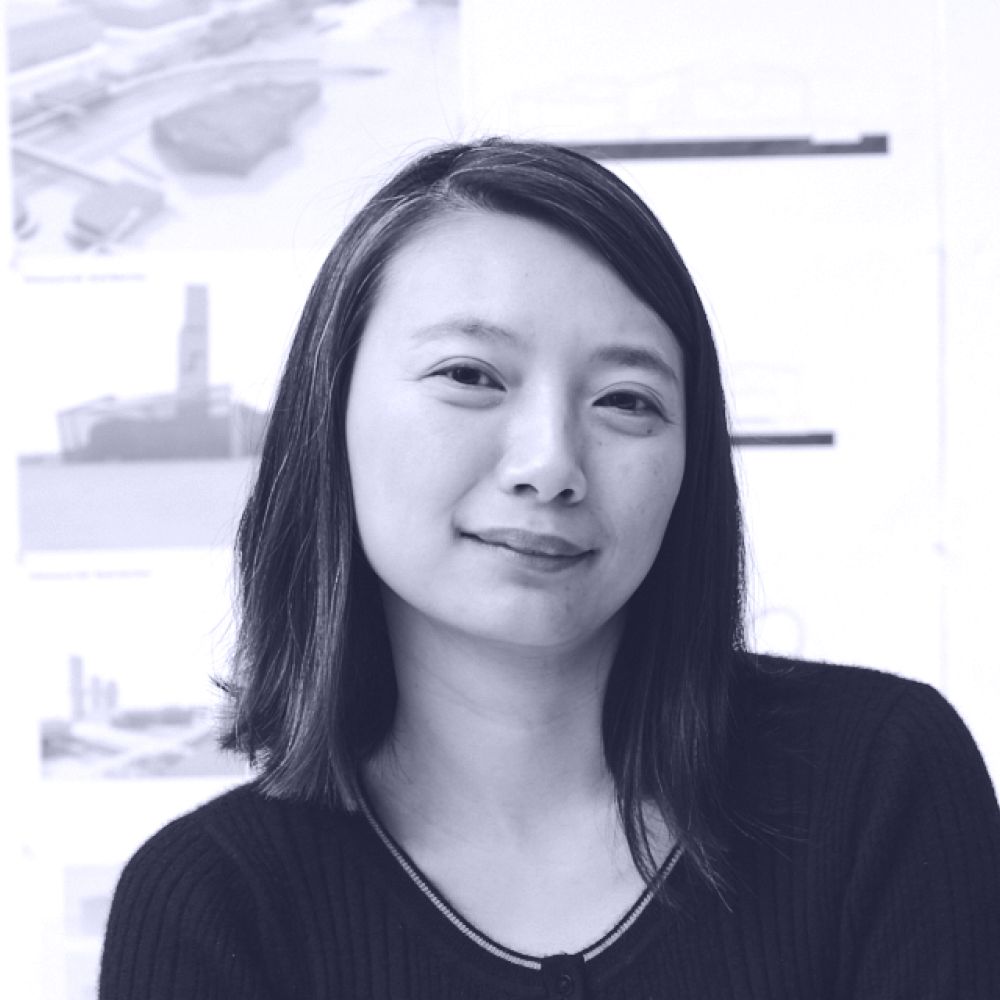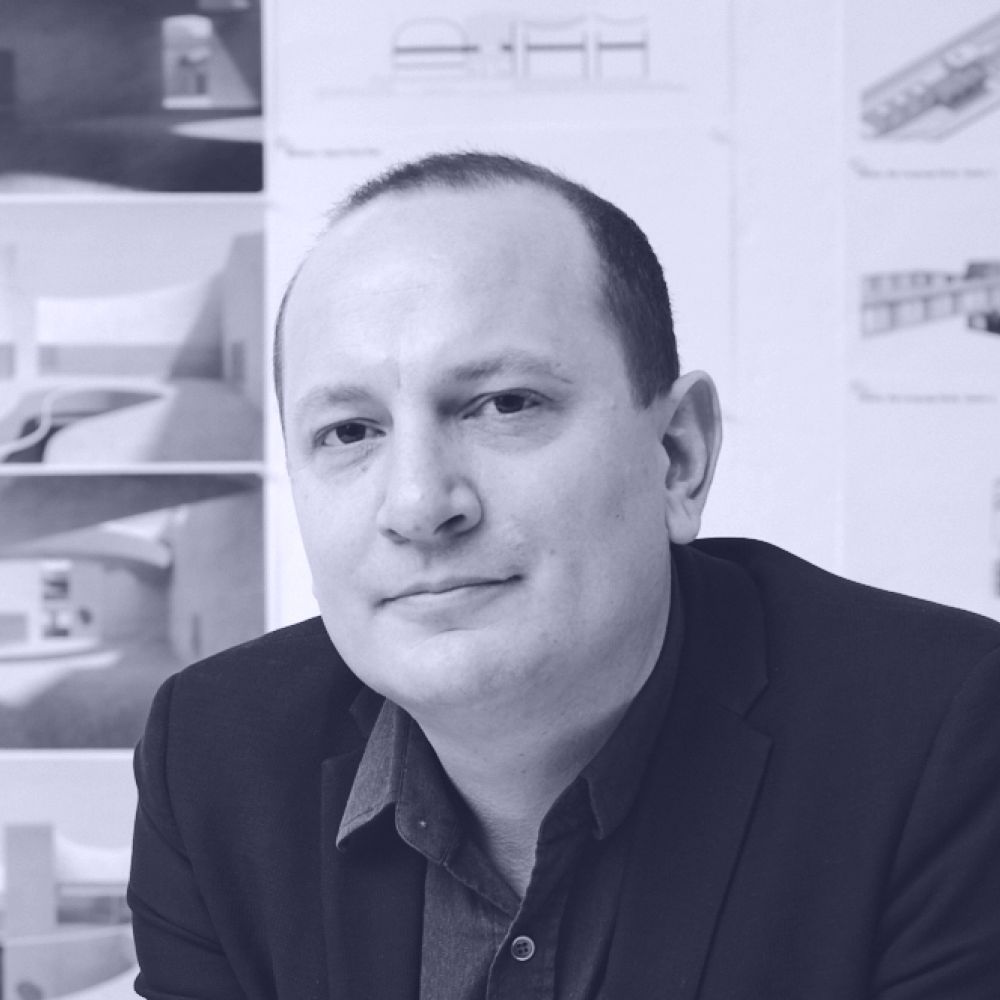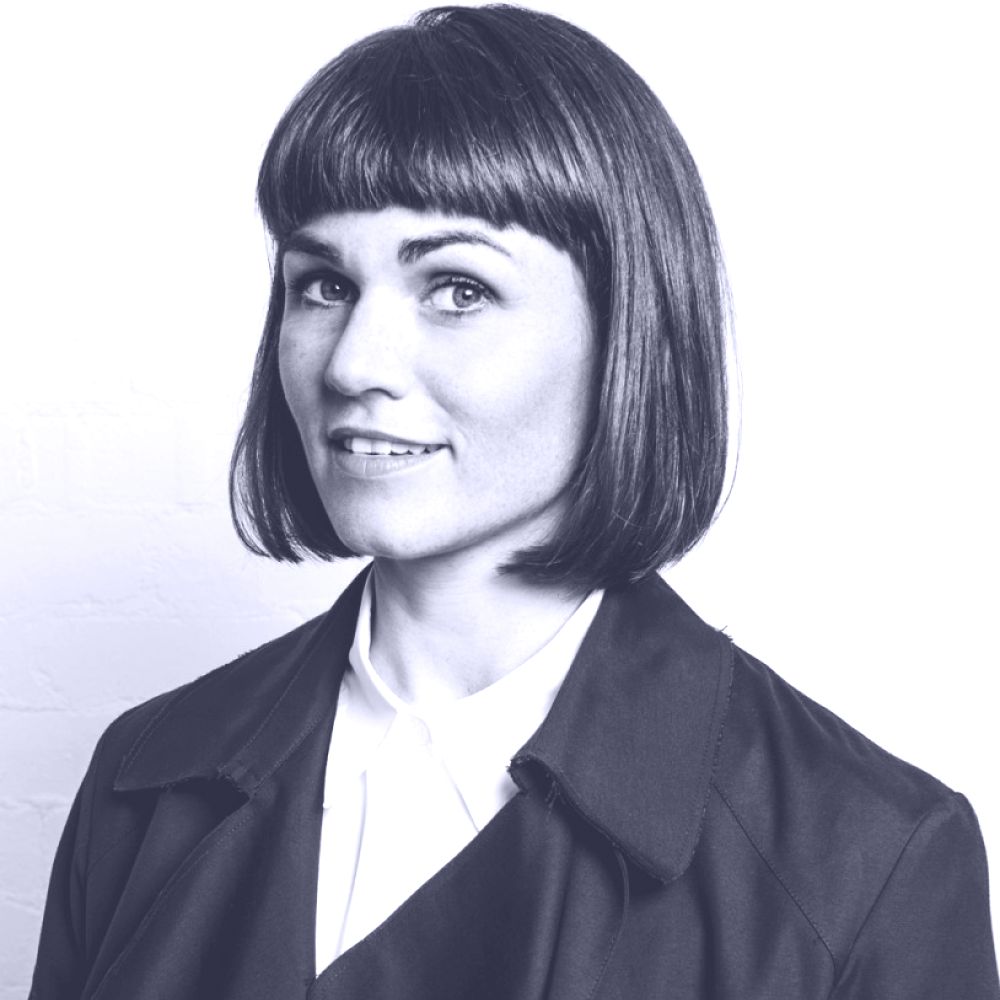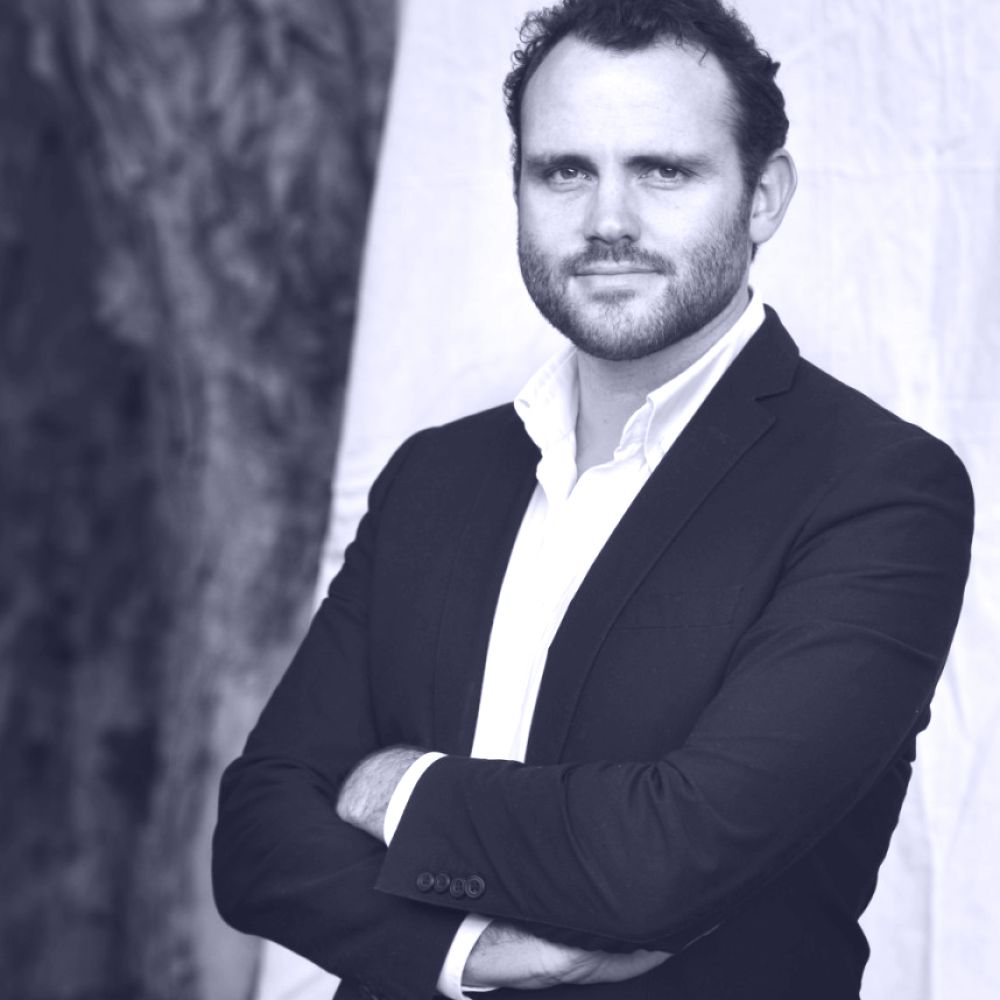Details.
When
Wednesday 2 December – Sunday 17 January 2021
5.00pm (AEDT)
Where
Design Speaks Virtual Portal
Virtual Event
Tickets
Tickets sales for this program are now closed. Sessions will be accessible until 5 pm AEDT 11 January 2021.
Program Info
The Architecture Symposium: Housing Futures presents a curated selection of contemporary Australian architects whose projects respond creatively to the spectrum of housing challenges and opportunities. We have, as a profession, an opportunity to step confidently from turbulent times into a future where we take the lead on the transformation of the urban, suburban and regional residential environment. The Architecture Symposium will highlight projects that are already doing so, opening directions for the profession and stimulating new ways of living. Financing, procurement models, housing typologies, sustainability and cost-effective strategies will be considered, all delivered to a benchmark of exceptional architectural quality. The presentations will provide a concise survey of current projects, viewed through four lenses: alternative housing models, the integration of social agendas, emerging directions in market-based housing and compact housing.
Partners
Major partner
Earn CPD Points
Download CPD Questions and Learning Outcomes
Download CPD Questions and Learning OutcomesContacts
Heather Cotton
Project Manager, Awards and Events Header Image Las Americas Social Housing by SO-IL. Photography: Iwan Baan.Program.
-
A Social Agenda for Housing
How can we define a contemporary social agenda for housing? Far from the generic social housing of mid-twentieth century, a contemporary social agenda introduces a specificity of response to the individual community and context. This session will explore a range of projects that have demonstrated consideration of a specific community, defining the identity of the project. These projects demonstrate a capacity to create spaces that can delight, creatively exceeding a fit-for-purpose approach. -
2.20 pm
Welcome
Log in to the Design Speaks Virtual Portal -
2.30 pm
Housing Choices Australia Dandenong
Rachel Nolan, Kennedy Nolan with James Henry, Housing Choices Australia -
2.45 pm
Affordable homes for vulnerable women
Melissa Bright, Studio Bright with Jeanette Large, Women's Property Initiatives -
3.00 pm
Blackwattle Apartments
Dan Szwaj, Turner and Lisa Sorrentino, City West Housing -
3.15 pm
Las Americas Social Housing, Mexico
Florian Idenburg and Jing Liu, SO-IL -
3.30 pm
Dissection
A panel discussion with Rachel Nolan, James Henry, Melissa Bright, Jeanette Large, Dan Szwaj, Lisa Sorrentino and Florian Idenburg. Panel chairs: Andrew Burns and Hannah Tribe -
4.30 pm
Session 3 concludes
Return to the Design Speaks home page to see the full program
Housing Choices Australia Dandenong.
Architect
Presented by
Rachel Nolan, Principal, Kennedy Nolan
In 2015 Housing Choices Australia (HCA) approached Kennedy Nolan for a feasibility analysis to redevelop this existing stock they owned and managed in Hemmings Street, Dandenong. The site straddles suburbia and the increasingly dense and active civic centre in Melbourne’s outer east.
The project had to maximize yield and amenity, conform with HCA’s own design and maintenance expectations and prescribed accessibility and authority standards.
At the Hemmings Street project and others now born from a partnership with this affordable housing provider, Kennedy Nolan has explored its preoccupation with domestic use. This time for a diverse group of users and a client invested for the long term.
This project is an exercise in the delivery of secure, robust and economical apartments but also seeks to deliver the warmth and delight of good housing and avoid the dispiriting and stigmatizing visual cues of institutional architecture.
Client
Presented by
James Henry, General Manager of Assets and Development, Housing Choices Australia
James Henry is a registered architect and the general manager of assets and development at Housing Choices Australia (HCA). He is responsible for ensuring the strategic development and management of HCA’s national portfolio results in high quality, sustainable and innovative outcomes that will serve the needs of HCA tenants into the future.
Affordable homes for vulnerable women.
Architect
Presented by
Mel Bright, Director, Studio Bright
This shared equity housing project consists of four modest high-quality dwellings that are designed to accommodate older single women who are on lower incomes and at risk of homelessness. The intent of this project is to provide these women with security of tenure and enduring affordability.
Each unit has an elevated sloped ceiling over living spaces, designed to catch the sunlight and create a greater sense of generosity to the modestly sized homes, while also creating a rhythm and variation to the overall volume of the project. The floor plan is configured to allow adaptation as the needs of the inhabitants change.
The units are designed to accommodate gold livable standards and the second living/study space is able to be closed-off, to become a second bedroom for a caregiver if ever needed. The four required car spaces are designed to provide flexible areas that can become heavily vegetated, communal outdoor spaces. The front garden is plentifully planted with herbs, vegetables and fruit trees, providing a generous offering to the street whilst fostering a strong sense of community amongst the four occupants. The L-shaped units are able to be composed in myriad arrangements, creating a system that can be rolled out on other sites with differing orientations.
Client
Presented by
Jeanette Large, Chief Executive Officer, Women’s Property Initiatives
Jeanette Large is the CEO of Women’s Property Initiatives (WPI). WPI creates new beginnings for women facing homelessness by providing affordable, permanent homes. WPI houses over 220 women and children around Melbourne through the properties they own and another 200+ people through the properties they manage.
Jeanette’s vision is to help disadvantaged women regain their independence by providing good quality, safe, appropriate, inclusionary and secure housing. An ambitious goal but she believes it is being achieved as Australians learn about building better community housing. By providing this basic human need, Jeanette believes this will help break the cycle of intergenerational poverty, decrease public spending on welfare services and increase individual investment, once women have rebuilt their lives.
Blackwattle Apartments.
Architect
Presented by
Dan Szwaj, Director, Turner
Turner believes affordable housing is about allowing people to live and work locally. The practice's commitment to City West Housing was founded on a genuine interest and commitment to designing Blackwattle Apartments as a sustainable community where residents feel proud of where they live. The design draws inspiration from the unique position that the site holds between two distinct urban and suburban built environments. The intersection between Glebe and Ultimo. Glebe being more fine-grained residential whilst Ultimo has a larger warehouse scale. The duality in scale and detail informed the building composition and how the internal spaces of Blackwattle Apartments were detailed, from the large-scale roof monitors, distinctive communal spaces through to apartment interiors.
Client
Presented by
Lisa Sorrentino, Head of Development, City West Housing
Lisa Sorrentino is Head of Development at City West Housing. Lisa is a highly skilled residential development executive with over 20 years of end-to-end development experience in urban renewal, mixed use, community housing, retirement living, and build-to-rent sectors within Australia and the United States.
Las Americas Social Housing.
Architects
Presented by
Jing Liu, Principal, SO-IL
Florian Idenburg, Principal, SO-IL
Las Americas is a prototype for the development of vertical dwellings in the city of Leon, Mexico. The housing project aims to offset the city’s unchecked sprawl, serving as a catalyst for urban regeneration and improved quality of life in low-income communities.
Traditional notions of homeownership currently lock developments into becoming acres of identical freestanding homes in remote areas far from the economic centre. Extensive municipal utilities expansion and expensive transportation programs have led to a decline in the region’s economy, and a loss of critical density within Leon.
SO-IL worked with Imuvi Development and the City of Leon to rethink housing models in the city and develop a structure that would be both cost-effective and encourage tenants to experience vertical dwellings as appealing as their freestanding single-family counterparts. This project creates 60 condo units as a vertical housing block at the city’s centre. The design maximizes the plot’s buildable footprint and generates two interior courtyards that provide cross ventilation to each unit, with parking and a commercial base. Resonant of the traditional home’s sense of privacy, no two units face one another. Units are arranged in a single-loaded corridor to face the courtyard and provide views out to the neighbourhood, promoting the sense of private homeownership.
A facade assembled of uniquely developed concrete blocks enhance privacy and shading, generate a unique interior atmosphere, and lend character to the building exterior. The project is designed with shared utility cores and prefabricated components to accommodate an extremely limited budget.
Curators.
Hannah Tribe
Principal, Tribe Studio Architects
Hannah Tribe is the principal of Tribe Studio Architects, a practice recognized for design excellence in its built and conceptual work in residential and urban design, education, installation and interiors. Tribe Studio Architects currently has a team of 15 architects working on projects in Australia and internationally.
Hannah has taught at the University of Sydney, the University of Technology Sydney and the University of New South Wales. She has tutored in design and lectured in both design and design communications. She is has sat on the New South Wales Chapter Council of the Australian Institute of Architects. She has been an invited juror on awards panels, including the Australian Institute of Architects Awards, the IDEA Awards and the 2020 Houses Awards.
Andrew Burns
Principal, Andrew Burns Architecture
Andrew Burns graduated from the University of Sydney in 2004, establishing his practice Andrew Burns Architecture in late 2007. The practice’s approach seeks to combine social engagement with design excellence, and is characterized by precise geometry and material exploration.
Undertaking projects Australia-wide, the practice has broadened from a base of small cultural and domestic commissions to undertake multiresidential, public, educational and hospitality projects, often in landscape-based settings.
Andrew is currently completing a design-based PhD at Monash University, exploring the potential of systematic concept generation.
Hannah Tribe
Principal, Tribe Studio Architects
Hannah Tribe is the principal of Tribe Studio Architects, a practice recognized for design excellence in its built and conceptual work in residential and urban design, education, installation and interiors. Tribe Studio Architects currently has a team of 15 architects working on projects in Australia and internationally.
Hannah has taught at the University of Sydney, the University of Technology Sydney and the University of New South Wales. She has tutored in design and lectured in both design and design communications. She is has sat on the New South Wales Chapter Council of the Australian Institute of Architects. She has been an invited juror on awards panels, including the Australian Institute of Architects Awards, the IDEA Awards and the 2020 Houses Awards.
Andrew Burns
Principal, Andrew Burns Architecture
Andrew Burns graduated from the University of Sydney in 2004, establishing his practice Andrew Burns Architecture in late 2007. The practice’s approach seeks to combine social engagement with design excellence, and is characterized by precise geometry and material exploration.
Undertaking projects Australia-wide, the practice has broadened from a base of small cultural and domestic commissions to undertake multiresidential, public, educational and hospitality projects, often in landscape-based settings.
Andrew is currently completing a design-based PhD at Monash University, exploring the potential of systematic concept generation.


